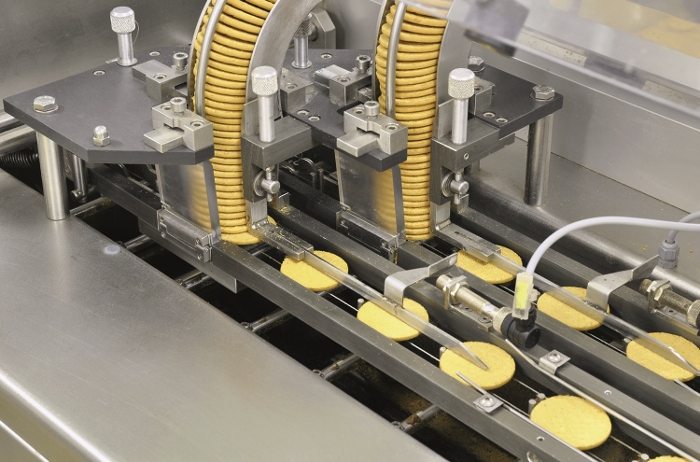Cleanliness and safety remain top priorities in the food and beverage industry, closely followed by the need to improve efficiency. As a result, the market is a challenging one.
One of the biggest health concerns is the use of the wrong lubricants as part of the manufacturing process of food and beverage products. It is essential that lubricants used within food production plants are of food-grade standard. This is to reduce the risk of product contamination, public health scares and the potential costs involved if product pollution occurs.
There are a number of benefits to choosing the correct food safe lubricant, including increased processing efficiency, reduced costs for maintenance and, importantly, improved levels of safety.

Compliance
Lubricants used within the food industry, including supermarkets, bakeries, dairies, breweries, bottling plants, canneries and meat plants, must meet the same standards in terms of functionality as conventional lubricants do. Manufacturers should be able to rely on the product to create seals, dissipate heat, protect equipment against corrosion and reduce wear and friction. Unlike standard manufacturing, however, the lubricating product utilised should also comply with best practice and regulations for food standards and be odourless, tasteless and physiologically inert. It must also be in compliance with a range of additional international standards.
Foodsafe lubricants are formulated very carefully to ensure they comply with regulatory guidelines. As a result, performance additives, thickeners and base oils are precisely measured and controlled. Doing so is vital to any operation involving food manufacturing, as even with the very greatest of due diligence and care, there may be instances where trace amounts of the lubricating product find their way into food, contact surfaces and packaging. In such cases, a decision will need to be made regarding whether or not the product remains fit for distribution. Sometimes food may need to be recalled, destroyed or disposed of, which is a costly exercise with a range of negative outcomes, both financially and in terms of reputation.
Foodsafe Lubrication Solutions
As part of the efforts to reduce risk of contamination, suppliers and manufacturers of food-safe lubricants should remain informed and knowledgeable about the industry challenges and be willing to provide education, workforce training and hands-on practical and technical support for the end user.
Food safety regulations, both nationally and internationally, are evolving continuously. Manufacturers and suppliers must consider the global implications of this. In 2014, the EU exported billions of pounds’ worth of processed food, including some $18 million to the United States, where there are also strict guidelines for preventative control, including the Foreign Supplier Verification Program (FSVP), which will very soon apply to all imported food intended for animal or human consumption.
Food processors should ensure they are using food-safe lubrication solutions which are approved by independent registrations, like NSF International’s ISO 21469 Certification or H1 Registration. In doing so, they can improve the safety of their operation as well as reduce financial risk.




